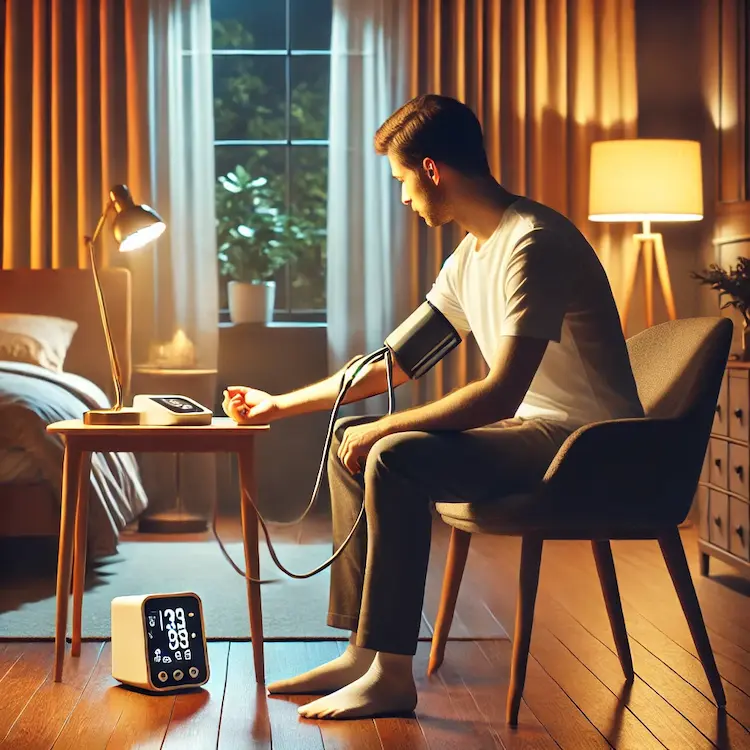Sleep plays a vital role in maintaining overall health, including regulating blood pressure. Home blood pressure monitoring (HBPM) has become an essential tool for managing hypertension, providing real-time data and empowering individuals to take control of their health. In this article, we’ll explore how sleep impacts blood pressure, the role of HBPM, and practical strategies to improve both sleep quality and blood pressure management.
Home blood pressure monitoring involves using portable devices to measure blood pressure outside of clinical settings. This method provides a clearer picture of an individual’s blood pressure trends, including morning surges and nighttime levels.

| HBPM Device Type | Features | Recommended For |
|---|---|---|
| Standard BP Monitors | Daytime use, manual recording | General use |
| Wearable BP Monitors | Continuous tracking, sleep data | Advanced insights |
| Smart BP Monitors with Apps | Real-time tracking, data sharing | Tech-savvy individuals |
| Sleep Disorder | Impact on BP | Treatment Options |
|---|---|---|
| Obstructive Sleep Apnea | Causes nocturnal hypertension | CPAP therapy, weight loss |
| Insomnia | Triggers morning surges in BP | Cognitive Behavioral Therapy, sleep aids |
| Monitoring Method | Advantages | Disadvantages |
|---|---|---|
| HBPM | Convenience, real-time trends | Requires user consistency |
| Clinical Monitoring | Expert supervision | Infrequent, may miss variations |